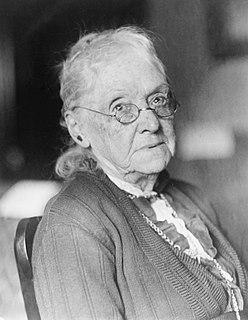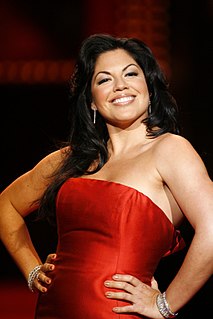A Quote by William Shakespeare
For to define true madness,
What is't but to be nothing else but mad?
Related Quotes
Because we are limited in our knowledge, even the sanest of us are slightly insane. Our limitations are a kind of madness, and we can only choose to deny we are mad, and so descend into a dark spiral of total insanity, or accept we are mad and embark on a quest to regain our true and wholesome sanity
It was a time of madness, the sort of mad-hysteria that always presages war. There seems to be nothing left but war--when any population in any sort of a nation gets violently angry, civilization falls down and religion forsakes its hold on the consciences of human kind in such times of public madness.
In the century that has just passed, many of the intellectual elite went mad. It was as if, with the death of God, everyone suddenly turned into a saviour who wanted either to annihilate the obsolete world order or to establish a utopia. Naturally, there were writers among those who went mad. The fact that they had knowledge did not exempt intellectuals: there is madness everywhere. When one loses control over one's self, the result is madness.
First, the desert is the country of madness. Second, it is the refuge of the devil, thrown out into the "wilderness of upper Egypt" to "wander in dry places." Thirst drives man mad, and the devil himself is mad with a kind of thirst for his own lost excellence--lost because he has immured himself in it and closed out everything else. So the man who wanders into the desert to be himself must take care that he does not go mad and become the servant of the one who dwells there in a sterile paradise of emptiness and rage.






































